UK Mobile Firms Remove Data Charges on Sites Supporting Victims of Crime

The UK Government has today reached an agreement with Vodafone, Three UK, Tesco Mobile, Virgin Media (Virgin Mobile), O2, EE (BT), Sky Mobile and giffgaff to remove mobile data (mobile broadband) charges for customers who need to access websites that support some of the most vulnerable victims of crime.
This is in addition to NHS websites and other support websites that have already been zero rated by some mobile network operators over the past few months, and includes Imkaan, a website dedicated to addressing violence against Black and Minority Ethnic women and girls.
The majority of these websites have now been zero rated, although the implementation of this is on an operator-by-operator basis and as such it may take a little longer for some to implement it (best to ask first).
Advertisement
The Zero Rated Sites
Providing support for victims and witnesses of crime
Victim Support – www.victimsupport.org.uk
Providing support for victims of sexual violence and abuse
Rape Crisis – www.rapecrisis.org.uk
The Survivors Trust – www.thesurvivorstrust.org
Male Survivors Partnership – www.malesurvivor.co.uk
Providing support for victims of domestic abuse
Refuge and the National Domestic Abuse Helpline – www.refuge.org.uk
Women’s Aid and Welsh Women’s Aid – www.womensaid.org.uk and www.welshwomensaid.org.uk
Providing support for children suffering abuse
NSPCC – www.nspcc.org.uk
The zero-rating of these sites will only apply “during the coronavirus pandemic,” although the operators have agreed that these measures will be in effect until “at least” 31st October 2020. The move follows previous commitments from the UK’s broadband ISPs and mobile providers to support and protect vulnerable consumers, as well as the NHS, during the crisis.
Matt Warman, UK Digital Infrastructure Minister, said:
“This agreement will help people who are at risk of violence during this pandemic get the information and support they need, particularly those on pay as you go contracts or tight data allowances.
This is yet another positive commitment from the UK’s brilliant mobile network providers to support the vulnerable and contribute to the national effort to overcome coronavirus.”
The hidden catch here is that most websites also pull in some of their content from third-party servers / domains (e.g. YouTube) and it’s important to stress that this can still attract a charge (see here for a more detailed explanation), which is not something that would be obvious to most ordinary consumers. Happily the Government have actually recognised this fact in their latest announcement.
Mark is a professional technology writer, IT consultant and computer engineer from Dorset (England), he also founded ISPreview in 1999 and enjoys analysing the latest telecoms and broadband developments. Find me on X (Twitter), Mastodon, Facebook, BlueSky, Threads.net and Linkedin.
« Cityfibre Begin £32m Full Fibre Broadband Build in Portsmouth UK





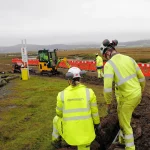


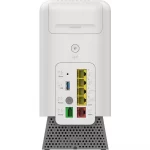

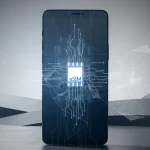
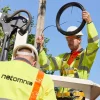
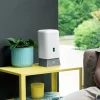

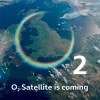






































Comments are closed